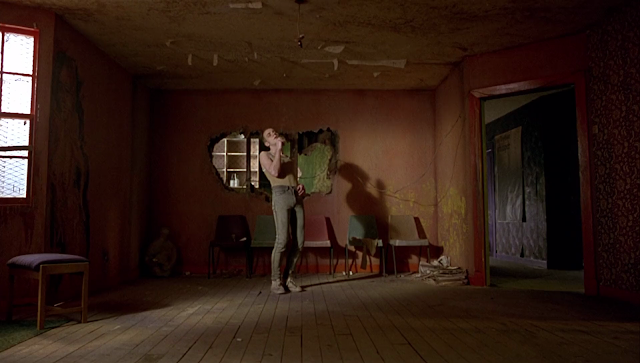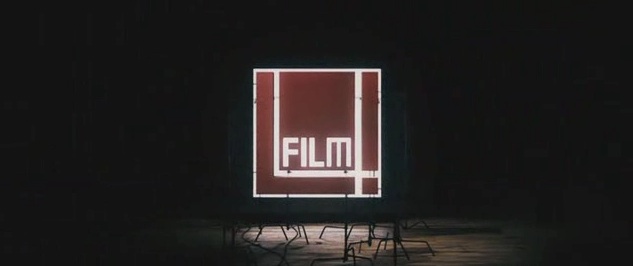Trainspotting: Sound
Questions in the exam could focus specifically on the ways in which aspects of sound (music, sound effects and dialogue) create meaning for audiences BUT a number of other types of questions may require you to make reference to sound - even if the term is not in the title. Answers to questions on representation or aesthetics may incorporate discussion of sound alongside aspects of cinematography, elements of mise-en-scene and even editing and you should mention elements of sound in essays about ideology, institutional context and narrative.
To refresh your memory about the key terms for sound, click on the links below.
Remember, questions on sound will require you to discuss, in detail, certain scenes from the film - so make sure you have at least three that you can recall in detail. I would suggest you have detailed knowledge of the opening and closing scenes and one other key scene - and that you are able to make passing reference to a number of other moments in the film. Detailed notes on key scenes from the film, including the opening and closing scenes, can be found below.
Trainspotting: Other Key Scenes
Music, and the meaning its use creates for the audience, is central in Trainspotting - and would be worthy of discussion in not only essays about sound but also in any questions about many of the core and specialist areas of study.
Whilst the discussion of sound effects may not be as exhaustive or as important in terms of meaning creation, it is nevertheless...
Any discussion of dialogue in relation to Trainspotting should primarily focus on the use of voiceover, and Renton's role as narrator - useful, also, in any discussion of one of the specialist areas of study: narrative.



Comments
Post a Comment